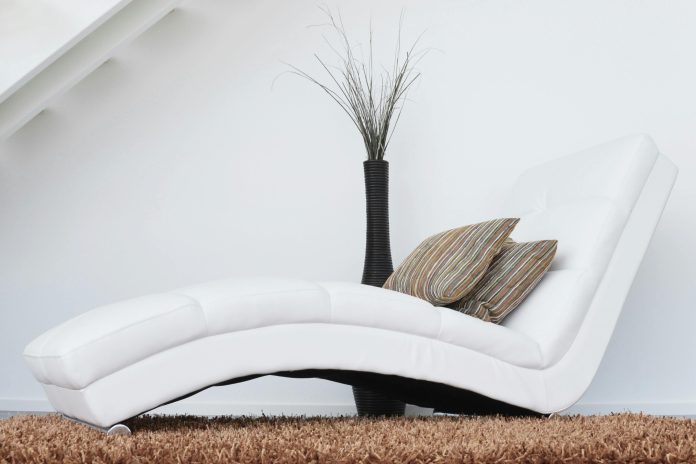In an era where the pursuit of comfort seems to be at an all-time high, the question arises: Does achieving comfort necessarily require a hefty financial investment? This article delves into the nuances of comfort, examining whether it’s possible to attain without significantly denting one’s finances.
Understanding Comfort
Comfort is a subjective experience, influenced by individual preferences, needs, and situations. It encompasses physical well-being, mental ease, and emotional peace. For some, comfort might mean living in a well-furnished home, while for others, it could be as simple as having the time to read a favorite book. Understanding this subjectivity is crucial in assessing the true cost of comfort.
The Role of Technology in Providing Affordable Comfort
Technology has played a pivotal role in democratizing access to comfort. Innovations such as smart home devices, efficient heating and cooling systems, and ergonomic furniture have made comfortable living more accessible and affordable. Additionally, the internet provides endless resources for DIY solutions to improve one’s living space without necessitating a 5000 loan. This democratization challenges the notion that comfort must invariably come with a high price tag.
Evaluating the Cost of Comfort in Travel
Travel is another domain where the cost of comfort is often debated. Traditionally, comfortable travel was synonymous with luxury accommodations and first-class flights. However, the rise of sharing economy platforms like Airbnb and budget airlines has shown that comfort can be experienced even when traveling on a budget. It’s more about the choices and compromises individuals are willing to make rather than the amount spent.
Psychological Comfort: A Matter of Perspective
Comfort is not only physical but also psychological. The peace of mind that comes from financial security, meaningful relationships, and personal fulfillment contributes significantly to one’s overall sense of comfort. Investing in experiences, education, and personal growth can provide a profound sense of comfort that far outweighs material comforts. This perspective shifts the focus from external acquisitions to internal well-being as a source of comfort.
Sustainable Comfort: A Long-term Investment
Investing in sustainable options for comfort, such as renewable energy sources, high-quality durable goods, and eco-friendly materials, can offer long-term savings and environmental benefits. While the initial cost may be higher, the long-term savings and positive environmental impact provide a different dimension to the cost of comfort, emphasizing value over expense.
In sum, comfort does not necessarily need to be expensive. The evolution of technology, the sharing economy, and a shift in consumer values towards sustainability and psychological well-being have all contributed to a broader understanding of comfort. It’s about making informed choices that align with personal values and long-term goals rather than conforming to a conventional, often costly, notion of comfort. As society continues to evolve, finding comfort in simple, sustainable, and meaningful ways becomes not only possible but increasingly desirable.
Photo by Pixabay: https://www.pexels.com/photo/two-pillows-on-white-leather-fainting-couch-276534/


